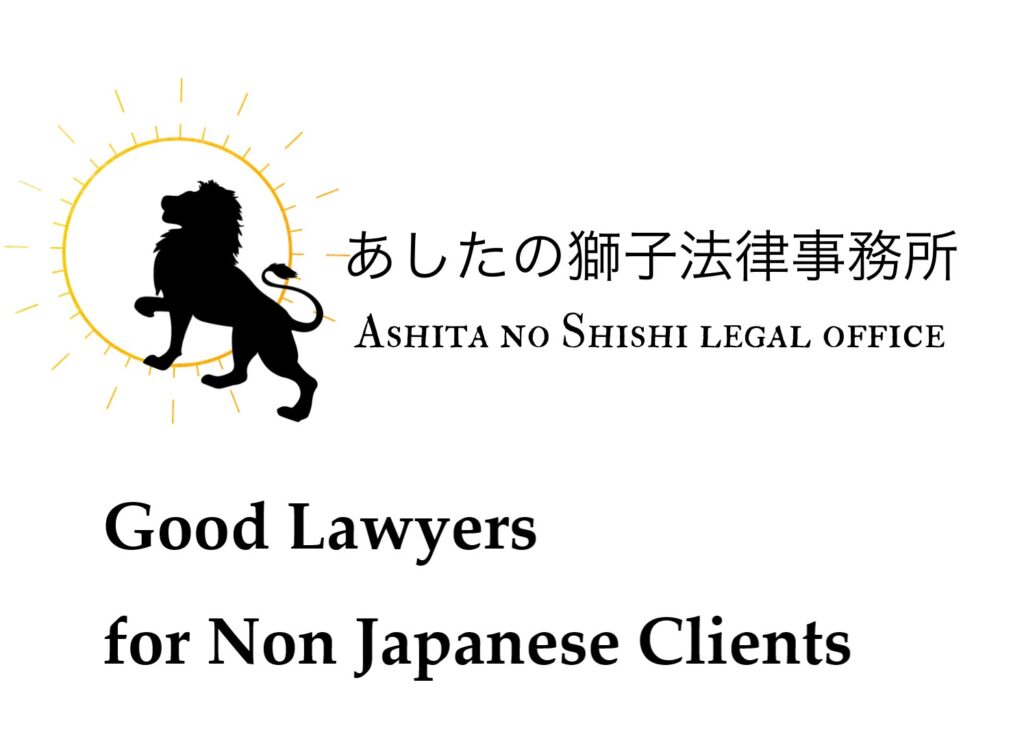It may be unbelievable for somebody who came from society of contract. But, in Japan, many companies do not make written labor contracts with their employees.
One reason for this is because Japanese Labor Laws do not require employers to do so. Instead, Companies MUST hand over the documents which shows labor conditions to job seekers.
The documents are called 労働条件通知書 (Rōdō Jōken Tsūchi sho), Notification of Labor Conditions. Even if you do not make a written contract with your employer, you should, at least, read this notification very carefully.
You can see the template of Notification of Labor Conditions from the website of MLHW.
As we discussed in another article, some awful companies do not give you even this Notification of Labor Conditions. It is illegal and you should request your employer to give it to you.

Difference between job offer and conditions for Labor Contract
Before you apply for a job, you must have checked the content of the job offer posted on their website or explained by recruitment agency. You also may have asked the company about the detail of labor conditions during the interviews.
However, sometimes the conditions described in the job offer or explained during the job interview are different from those in the labor contract or Notification of Labor Conditions. In most case, the difference is small but it might have significant impact on you.
For example, company may have explained that you would be allowed to work remotely during job interview. But in the labor contract, such condition may not be described, or in worse case, it may say that the company may decide where you work on their sole discretion.
Job Description and Place of Office
Under seniority system, many Japanese companies hire staffs without limiting the type of job. It’s hard to find appropriate translation in English, but such way of employment are called 総合職 (Sōgō Shoku) in Japanese. If you are hired as Sōgō Shoku, your job in the company is not limited.
So, you will be assigned various types of work and in every three to five years, you may be transferred to other department or sometimes to their subsidiary. And after experience of various fields, you are supposed to be promoted to higher position as a generalist.
But some of you may want to be a specialist in a certain field and do not want to do any job outside that field. Or you want to stay in the city where you currently live and don’t want to move to other place. In that case, job description and office place should be limited in the labor contract or Notification of Labor Conditions.
Term of Labor Contract
There are two types of labor contracts: those with no fixed term and those with a fixed term. If your labor contract has no fixed term, the company cannot easily dismiss you before the the retirement date, which is in many case the end of the month during which an employee will turn 65 or 70 years old.
On the contrary, if you are hired with fixed term. Your company can stop hiring you by non-renewal at the expiration of the term. So the existence of the fixed term significantly affects your job security.
In the case of labor contract with fixed term, it is also important to check the conditions of renewal.
Working Hours and Holiday
Working hours and holidays are also important points.
Notification of Labor Conditions may describe that you work 8 hours a day and have 2 days off in a week.
But,
What if your employer requests you to work late at night?
What if your employer requests you to take holidays during weekdays not on weekends?

You need to make sure the working hours and holidays are specifically described in the labor contract or Notification of Labor Conditions and will not disrupt your lifestyle.
Difficulty of Apple to Apple Comparison of Salary
The amount of salary in one company cannot be easily compared with that in other companies. For example, some companies provide housing allowance in addition to salary but others don’t. And some companies usually provide bonus but others rarely do.
You need to make sure all of the related conditions which affect the total amount you can get. Otherwise, you may realize someday that the job offer is not as good as you first thought.
Especially, people often overlook 固定残業時間代 (Kotei Zangyō Jikan dai) or fixed overtime salary which is included in basic salary. If fixed overtime salary is included in your basic salary, you cannot get additional salary even if you work overtime unless the hours of overtime exceed the fixed time.
There are specific rule about description of the fixed overtime salary in Notification of Labor Conditions. But many companies fail to follow this rule. As a result, many labor disputes occur over unpaid overtime salary.
Written by Atsuro Tsujino (Attorney at Law of Ashita no Shishi Legal Office)










